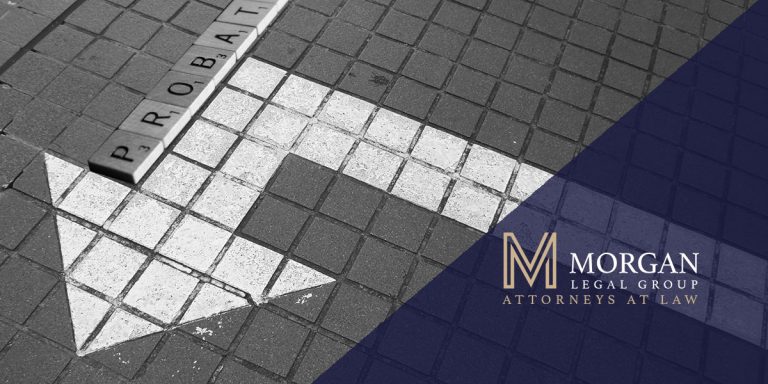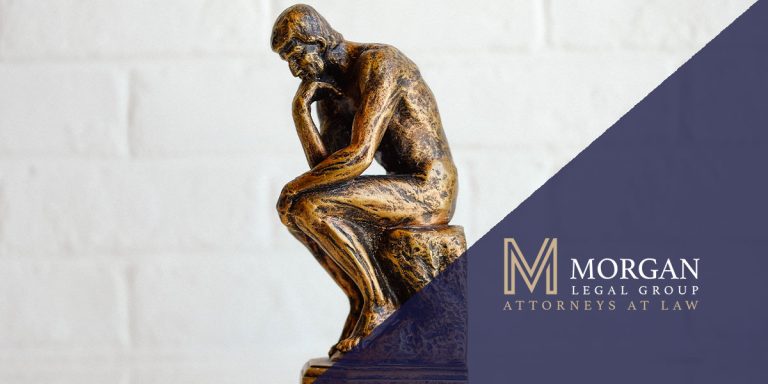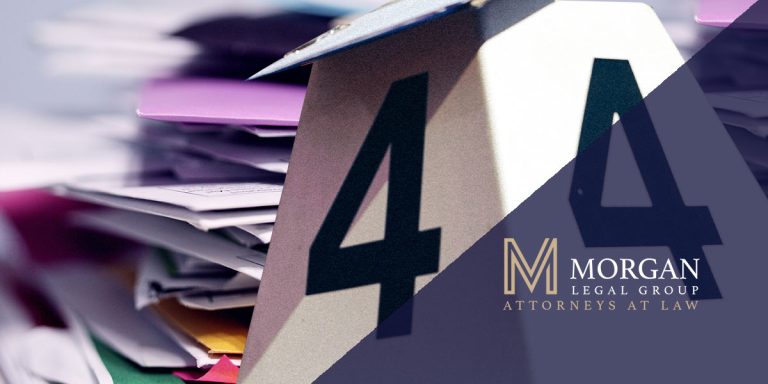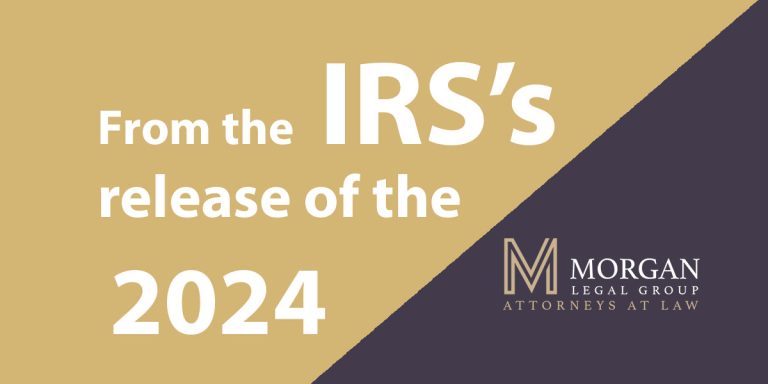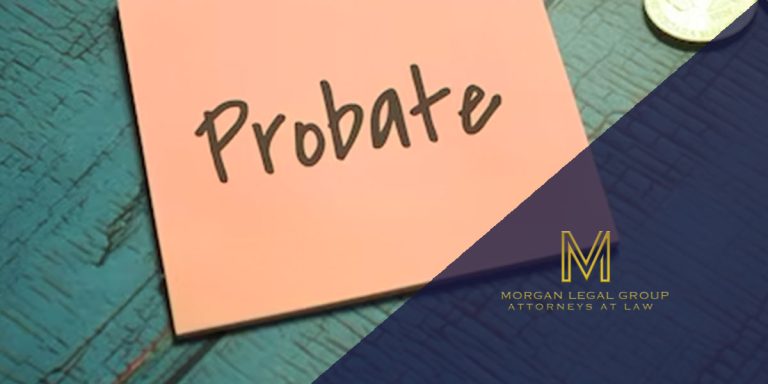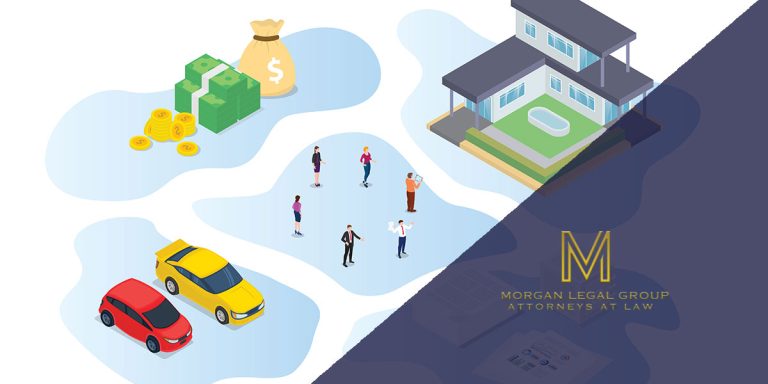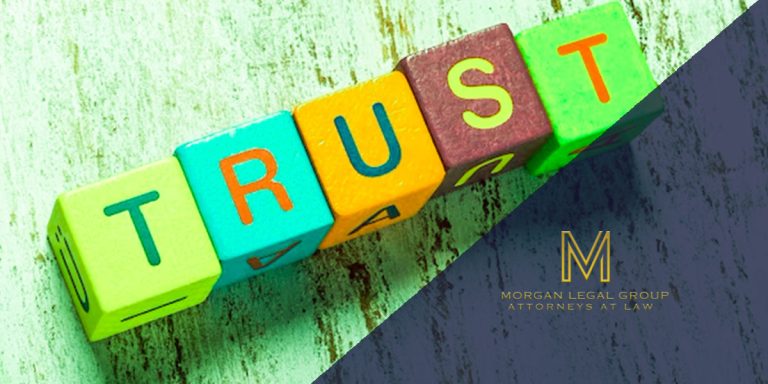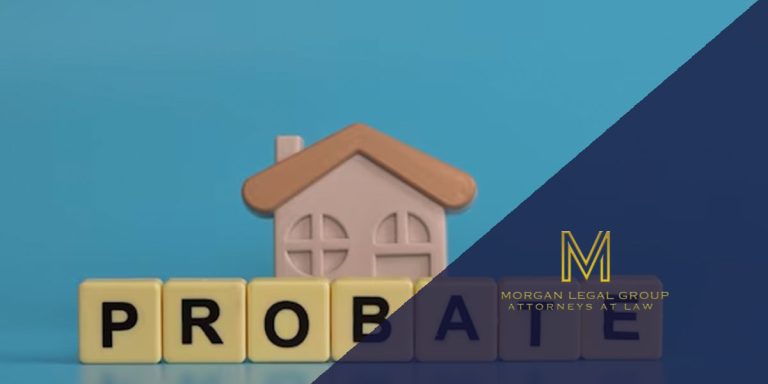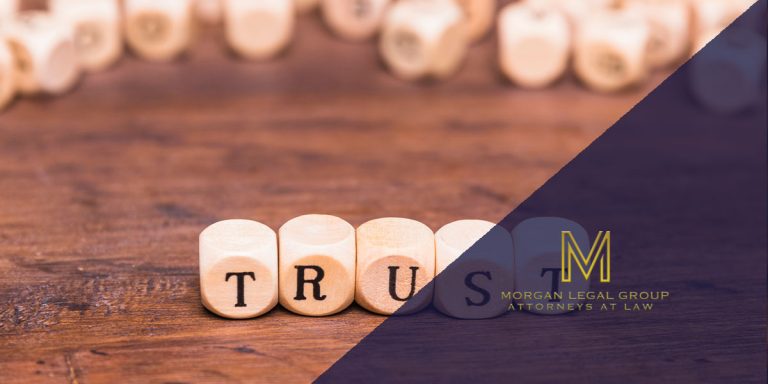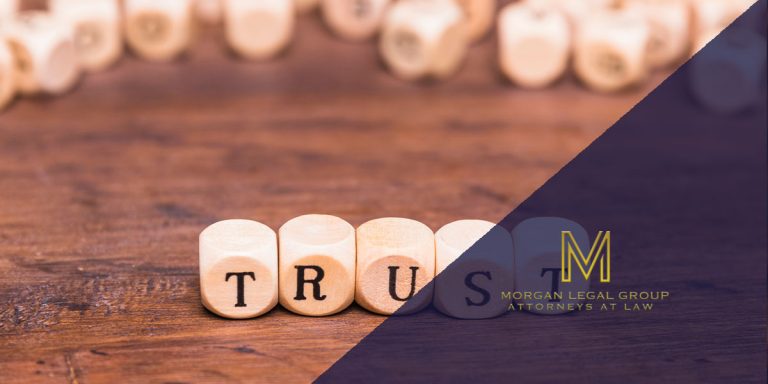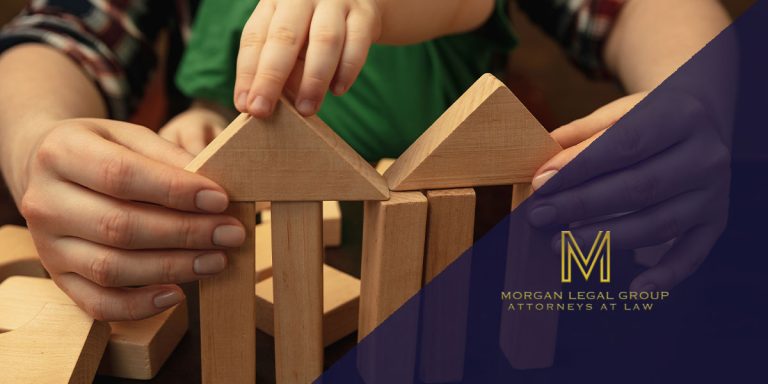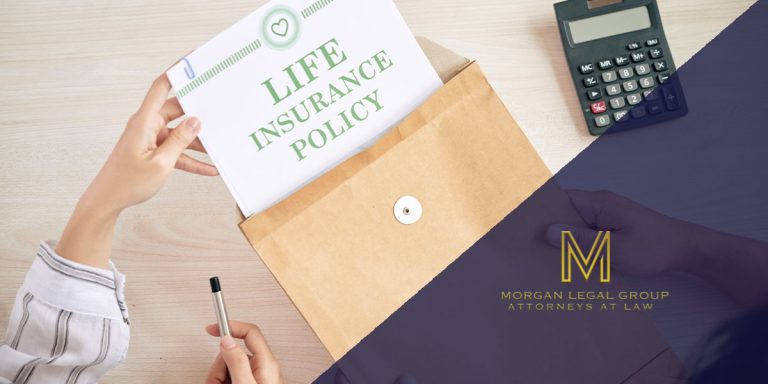Best Estate Planning
Estate plans are one of a kind to every individual and require your lawyer to take the realities they’re given and shape an arrangement to accommodate your objectives. A prepared proficient plan will know the intricate details of this space of law and can more readily assist you with achieving the objectives you need to set presently, just as to expect any issues that might emerge later on.
Something else to search for is a lawyer who is engaged with nearby and public home arranging associations. Various associations have various advantages, including admittance to high-level training, or the capacity to work with other learned experts. Its individuals go through a difficult participation process, so customers whose lawyers are in this gathering can be certain about the capacities of their lawyers.
Like a shoe, you need to ensure your lawyer is the right fit. So before you put on a flip, do your examination to perceive how picking the right lawyer will augment your true serenity and limit the shot at running into future issues with your future plan. While most everything lawyers can assist you with drawing up a will, you currently know what to search for when searching out somebody to make your arranging wishes a reality.
FAQ
- What is medicaid fraud?
Medicaid fraud is simply false information to get Medicaid to pay for all the services needed for yourself or someone else.
2. What is a pour-over will?
A pour-over Will is a Will written and documented stating the actions needed to be done through the trustee which will be transferred to him or her. The truster is someone who’s responsible for many assets to be taken care of or sent to assigned beneficiaries.
3. When someone dies does their debt go away?
No, when someone dies, if that person had any debt, creditors will still ask for the money back adding more credit to the accounts. After the designation of the person’s assets during court, payment of debts will also be announced to whoever the court would call responsible. So a family member, spouse or close friend will continue with paying everything you owe which is why you should make an estate plan to prevent this sort of conflict.
4. Does a trust protect assets from a nursing home?
Yes, as long as you transfer funds towards your rent, mortgage, or assistant living instead of going to a nursing home.
5. Does transfer on death avoid probate?
The transfer of death only makes the probate process much more difficult having you provide additional details and reason for the transfer. This makes the process longer and if it’s longer, it’ll be more expensive. The only way to avoid probate is through a trust because everything would be set up or planned ahead, especially the transfer of death.
6. What does an elder care attorney do?
An elder care attorney has the expertise in arranging any necessary goals to whoever the elder being served needs. It can go along with not just estate planning but also medical care proxy’s, elder abuse, or dealing with ownership of spousal belongings. This is all regards to any senior over the age of 50.
7. If my spouse dies do I get his social security and mine?
Because of the laws of Estate Planning, there’s something labeled, the surviving spouse clause where if one spouse dies, the surviving spouse gets his or her assets. The only assets not provided would be government funds that the spouse still owes or would actually lose the entire thing because of labeled ownership unless there’s a Will stating rights to owning these finances.
8. How do I know if my unemployment claim was approved in NY?
After applying for unemployment at the official NY government website, ny.gov, you should receive a letter towards your home address 2 weeks after applying stating how much unemployment you should be receiving. Though that’s if you get approved. If not, you would receive the same letter in the same amount of time saying you’re ineligible due to certain dynamics in your life that the government won’t give you many benefits.
9. Do you need a lawyer for advance directives?
These forms can be created by yourself as long as you are over the age of 18 but have the same disadvantages of handwriting your own Will. This means that advance directives shouldn’t be handwritten to prevent future fallacies due to not being able to read the file or putting information that has nothing to do with what’s needed. So you can make your own advance directives but it’s recommended to get a lawyer to guide you in the process.
10. Does a trust override a will?
No, a trust has different functions than a Will but a trust secures the Wills needs for whatever is listed.










